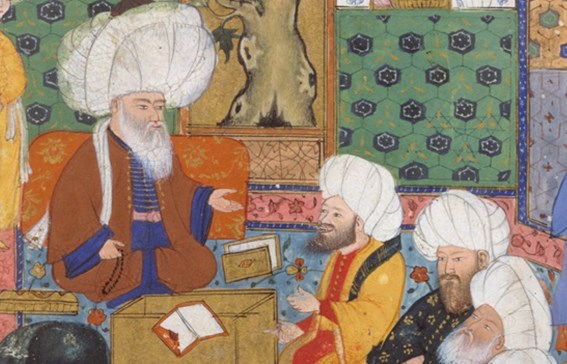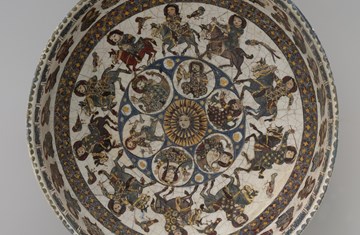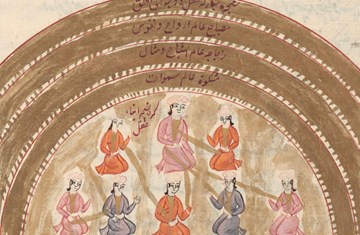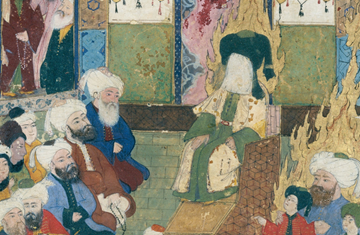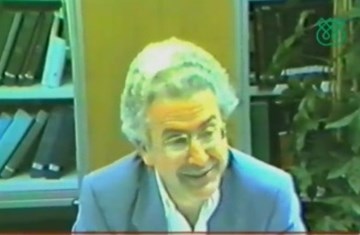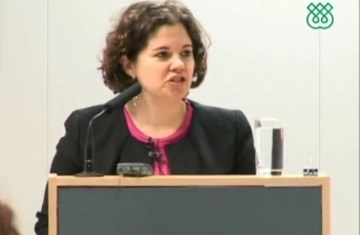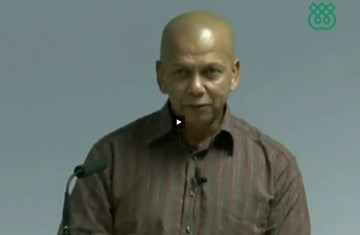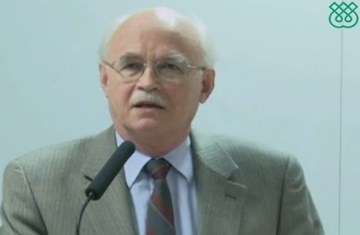Agents of the Hidden Imam: Forging Twelver Shi'ism (850-950 CE) | IIS
The traditional account of the early occultation-era Imami Shiʿi community depicts a series of four agents as mediating for the hidden Imam between 874 and 940 CE.
Hitherto, scholarship has taken the authority of these agents for granted. However, to understand the formation of Twelver Shiʿism, Dr Edmund Hayes (University of Leiden) argues that we must understand the ways in which the authority of the agents and other community leaders was contested. Then, it becomes clear that there was no inevitable assumption of authority by the agents.
Instead, authority was contested through different social and intellectual fields: including the legal-theological mastery of scholars; the institutional power of the agents; the leverage of courtiers operating within the supposedly hated Sunni government; and the appeal of charismatic esoteric “gateways” (bāb) to the divine. The crisis of Occultation was contested through institutions, but also caused them to mutate as they were applied to legitimize new models for the era without a visible Imam.


